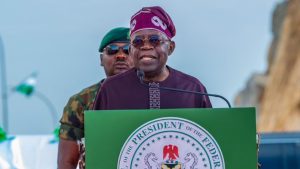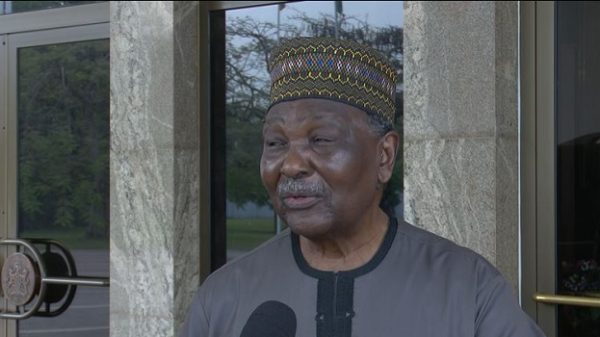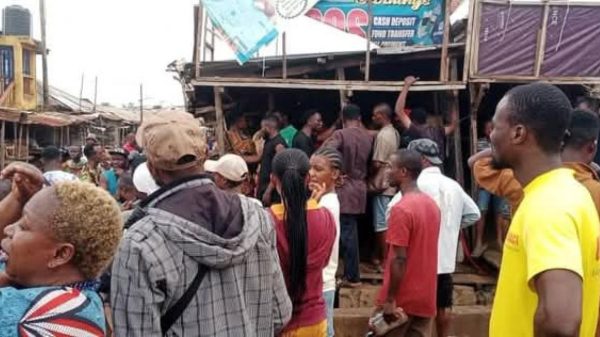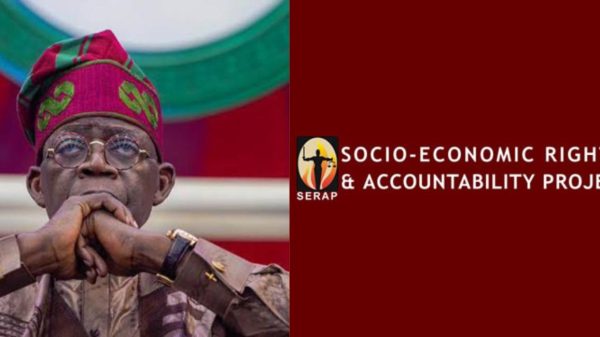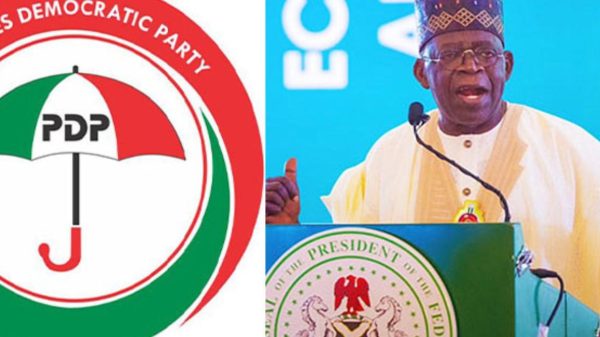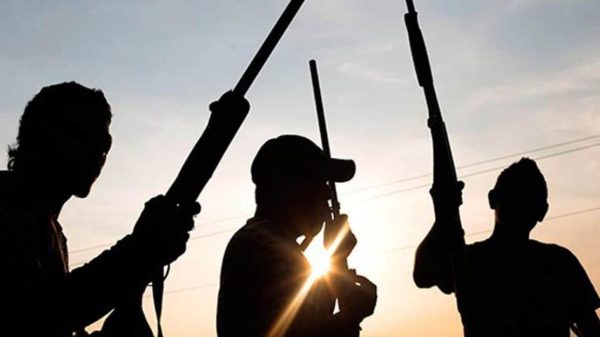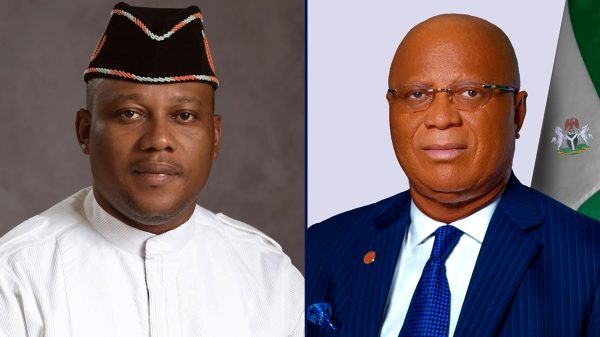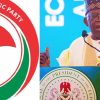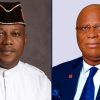President Bola Tinubu’s declaration of a State of Emergency in Rivers State has sparked debates across political and legal circles, raising concerns about the federal government’s handling of state affairs.
The six-month emergency rule, announced in a national broadcast on March 18, 2025, led to the suspension of Governor Siminalayi Fubara, Deputy Governor Ngozi Odu, and all members of the State House of Assembly. Tinubu justified the move by citing the escalating political crisis and the recent attack on an oil facility in the state. However, the state judiciary remains untouched, allowing legal processes to continue.
A Federal Overreach or Necessary Intervention?
Critics argue that the suspension of an elected governor and lawmakers raises constitutional concerns. While the president has the power to declare an emergency, some legal experts and opposition figures claim the action is an overreach of executive authority.
Former Vice President Atiku Abubakar and the opposition People’s Democratic Party (PDP) have described the move as politically motivated, especially given the long-standing power struggle between Fubara and his predecessor, Nyesom Wike, who now serves as Minister of the Federal Capital Territory (FCT).
“This is a dangerous precedent,” said a senior legal analyst. “If a political dispute within a state can lead to an emergency declaration, what stops the federal government from intervening elsewhere under similar circumstances?”
A History of Emergency Rule in Nigeria
This is not the first time Nigeria has witnessed a state of emergency. Since 1999, the country has experienced similar interventions under different administrations:
– 2004 – Plateau State: Declared by President Olusegun Obasanjo due to ethno-religious violence.
– 2006 – Ekiti State: Political turmoil led to the removal of Governor Ayodele Fayose.
– 2011 & 2013 – Northern Nigeria: Boko Haram’s insurgency prompted emergency rule in several states.
– 2023 – National Food Crisis: Tinubu declared an emergency on food security amid rising inflation and shortages.
Unlike past cases tied to violence and security threats, Rivers State’s emergency is largely political, making it a unique and controversial decision.
Implications for Governance and Democracy
With a retired vice admiral appointed as caretaker, Rivers State will now be under federal control for six months. While supporters see this as a chance to restore stability, critics worry about its impact on democratic governance and federalism.
Civil society organizations and legal experts have urged the president to reconsider the suspension of elected officials, warning that it could weaken Nigeria’s democratic institutions.
Meanwhile, the Nigerian Bar Association (NBA) has called for an urgent review of the legal basis for the declaration, while protests have erupted in parts of Rivers State, with residents demanding a reversal of the decision.
What Happens Next?
As the emergency rule takes effect, all eyes are on the courts, which may decide the legality of the president’s actions. The judiciary’s independence in handling potential legal challenges will be a crucial test for Nigeria’s democracy.
For now, Rivers State remains in a political limbo, with questions about whether the emergency rule will bring peace—or deepen the crisis further.
